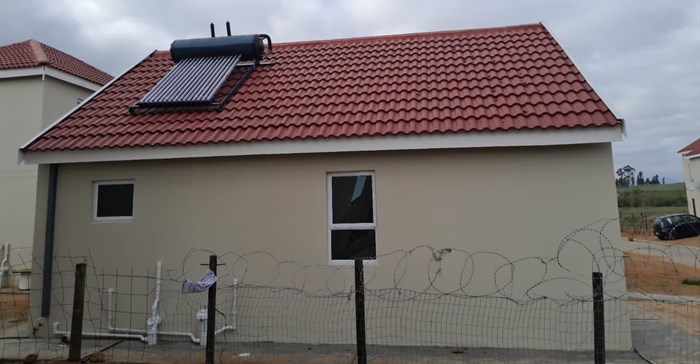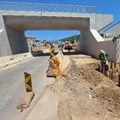The Western Cape Government Department of Infrastructure (DOI) human settlements branch has experienced significant underspending, largely due to an increase in the housing subsidy quantum. This increase, while broadly welcomed, was only approved at the end of March 2023, with a detailed breakdown provided in August 2023.

The five-month delay necessitated recalculations to accommodate the new subsidy quantum across all projects, resulting in the postponement of several new projects’ approval and implementation.
Given the substantial lead times from approval to implementation and completion, it is crucial that funding accommodates these timelines in construction projects.
In addition to these time delays, the DOI’s Human Settlements Branch’s underspending has been influenced by various other factors.
Construction mafia
Persistent threats from the construction mafia, including violent threats, shootings, and intimidation on several project sites, have led to work stoppages. The Gugulethu infill project, which has been closed since March 2022, is a case in point.
As a result, the DOI has been unable to spend R244m.
Illegal land invasions on land designated for housing development is also a reason cited for severely impacted our spending. The Welmoed/Penhill project, where over 60 illegal farmers are delaying the delivery of over 8,000 housing opportunities, is one such example.
Phase 1A of the project had a budget of R729m.
Violent community protests by non-qualifying beneficiaries, as seen in the NUSP project in Mossel Bay, have also contributed to the underspending.
These challenges create complexities in managing large-scale infrastructure projects and highlight the need for robust strategies to mitigate these issues.
Delivering on mandate
It is worth noting that despite these shortcomings, the DOI has managed to deliver on its mandate. Between April and December 2023, more than 1,765 housing opportunities have been delivered for the most deserving and vulnerable beneficiaries.
In addition to the housing opportunities, it has installed more than 295 solar geysers as part of an initiative to mitigate the energy crisis to assist indigent households and beneficiaries with disabilities.
A total of 2,614 title deeds have been provided to beneficiaries to promote security of tenure and leaving a lasting legacy.
While this underspending will have an impact on several projects, the Western Cape Government says it remains committed to creating an enabling environment that benefits its citizens.










